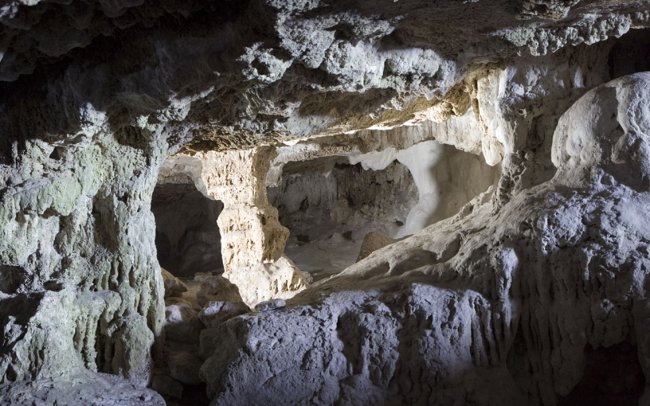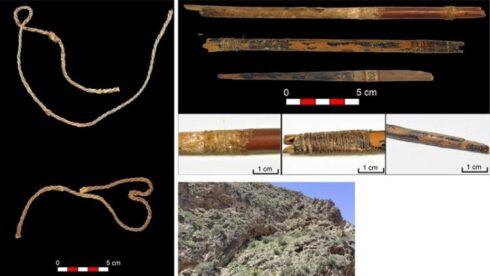A 23,000-old-genome has been uncovered on the outskirts of Granada and is one of the oldest ever recorded. The specimen was found in a cave which provides essential preservation conditions for an area which typically experiences hot and dry weather.
Researchers from the Max Planck Institute for Evolutionary Anthropology have extracted the DNA of the genome and traced it to a specific group of humans that are thought to have settled on the Iberian Peninsula towards the end of the last Ice Age.
The intact DNA has been linked to a 35,000-year-old individual from Belgium discovered in 2016.
Data from the study provides a crucial piece of the puzzle of historic civilizations that roamed these lands.
The research confirms that the southern tip of Spain provided a key refuge for humans when much of Europe was covered by ice 20,000 years ago and cave-dwelling humans would shield from these freezing conditions in rocky caverns.
READ MORE:
- Discovery in cave in Spain suggests for first time that neanderthals had the capacity to collect trophies
- Los Baños del Carmen, a century-old spa in Spain’s Malaga, on its way to being declared Heritage of Cultural…
- Large illegal private collection of historic artefacts is found on Spain’s Costa Blanca










